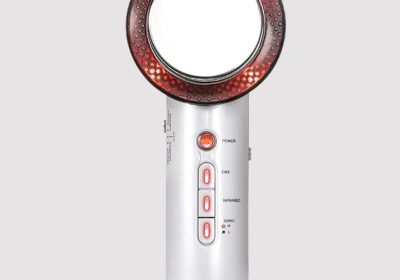
Tinnitus Severity Scales: Measuring the Impact of Tinnitus
Tinnitus, the perception of sound without any external source, is a common auditory disorder that affects millions of individuals worldwide. Its impact on people’s quality of life can range from mild annoyance to severe distress. To better understand and manage this condition, various tinnitus severity scales have been developed. These scales play a crucial role in assessing the impact of tinnitus on an individual’s well-being, enabling healthcare professionals to provide targeted interventions and improve patient outcomes.
Measuring Tinnitus Severity
Tinnitus severity scales aim to quantify the physical, emotional, and psychological impact of tinnitus on an individual. While there are several tinnitus severity scales available, a few prominent ones are widely used in clinical and research settings.
- Tinnitus Handicap Inventory (THI)
The THI is one of the most commonly used scales. It assesses the emotional, functional, and catastrophic impact of tinnitus on a person’s life. By answering a series of questions, individuals rate the extent to which tinnitus affects their ability to concentrate, sleep, and participate in social activities.
- Tinnitus Functional Index (TFI)
This scale evaluates the impact of tinnitus on different aspects of life, such as communication, sleep, relaxation, and cognitive function. The TFI provides a comprehensive picture of how tinnitus affects an individual’s overall well-being.
- Tinnitus Questionnaire (TQ)
The TQ assesses the emotional and cognitive impact of tinnitus, including its effect on mood, concentration, and daily activities. It also measures the degree of annoyance and loudness perception associated with tinnitus.
- Tinnitus Reaction Questionnaire (TRQ)
The TRQ focuses on emotional distress and reactions triggered by tinnitus. It evaluates factors like fear, anxiety, and depression that can be exacerbated by the presence of tinnitus.
Benefits of Tinnitus Severity Scales
- Individualized Care: Tinnitus severity scales enable healthcare providers to tailor their interventions to the unique needs of each patient.
- Research and Clinical Trials: These scales are valuable tools for tinnitus-related research and clinical trials. Researchers can use them to gather data on tinnitus prevalence, impact, and treatment efficacy, helping to advance our understanding of this complex condition.
- Tracking Progress: Tinnitus severity scales allow for the tracking of patients’ progress over time. By periodically assessing tinnitus severity, healthcare practitioners can determine whether interventions are effective and make necessary adjustments.
- Educating Patients: Tinnitus severity scales empower individuals by helping them recognize the extent of their tinnitus-related difficulties, encouraging them to seek appropriate care and support.
By quantifying the physical, emotional, and psychological effects of Tinnitus, these scales provide valuable insights to healthcare professionals and researchers.
Audiologie Centre West évaluation acouphènes could act as one of the effective interventions that can help improve the quality of life of people with tinnitus.


















